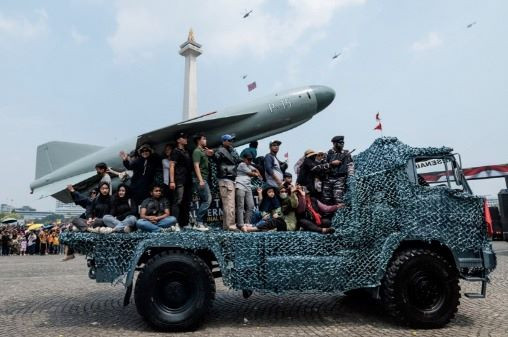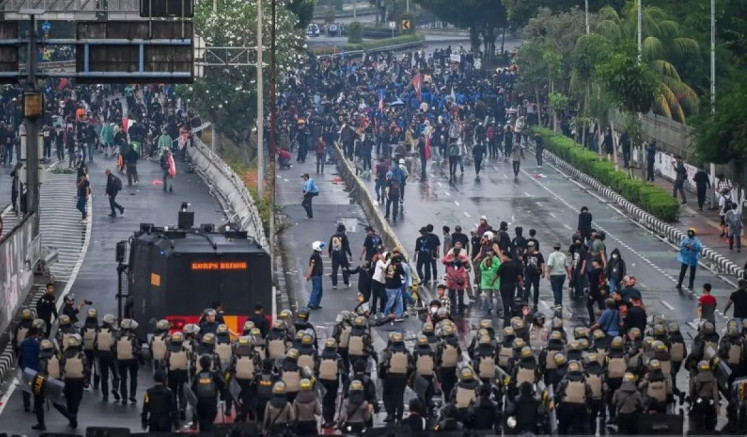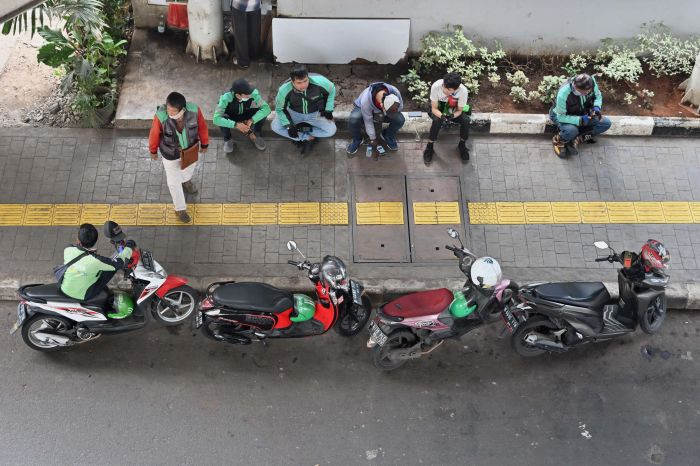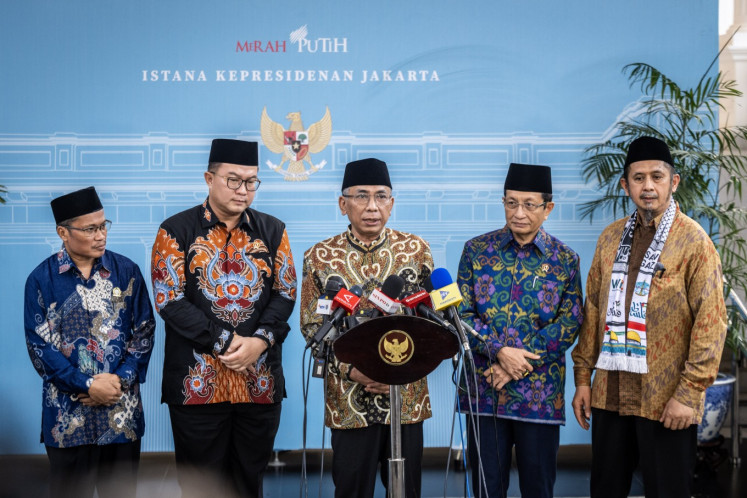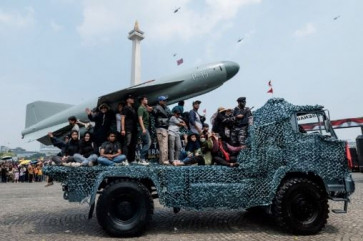Popular Reads
Top Results
Can't find what you're looking for?
View all search resultsPopular Reads
Top Results
Can't find what you're looking for?
View all search resultsThe shadows of fraud loom over Indonesia’s defense
Upon deeper inspection, the TNI’s budget distribution unveils unsettling discrepancies between its branches—anomalies that have persisted in the shadows for over a decade.
Change text size
Gift Premium Articles
to Anyone
O
n Oct. 5, we bestowed our highest honor upon the Indonesian Military (TNI), which has steadfastly served as a robust defender of the nation's sovereignty for 79 years. The TNI stands as an unyielding force, protecting the borders, restoring peace and guiding the nation toward greatness.
While the echoes of military parades still linger in the air, there is no room for prolonged celebration. The TNI must remain vigilant, for beneath the surface of national pride lies a silent enemy, defense fraud. It lurks like a venomous serpent in the shadows of bureaucracy.
This threat is not marked by the sound of marching boots or the flash of weaponry, but by the insidious siphoning of resources, weakening the very core of Indonesia's defense. The time for reflection is brief, for the true battle lies within, against those who commit defense fraud.
In general, the Association of Certified Fraud Examiners (ACFE) classifies fraud into three primary categories, which are financial statement fraud, asset misappropriation and corruption. Each of these categories encompasses more specific subtypes, providing a detailed framework for understanding the various manifestations of fraudulent activity.
These forms of fraud are not confined to any particular industry or sector. They possess the potential to occur across a wide range of domains, including the defense sector.
Defense fraud is a terrifying specter. The defense sector will always be susceptible to fraud because of the risks associated with the military's hierarchical character, complex technical procurements and high levels of secrecy. Furthermore, the prevalence of the "one command" culture exacerbates the challenge of identifying instances of fraud within defense institutions.
According to Transparency International, the military sector accounted for at least 14 percent of corruption cases in Asia in 2020. Furthermore, no Asian country is classified as low risk for corruption in this sector according to the 2020 Government Defense Integrity (GDI) Index. The majority of countries, including Indonesia, are classified as high-risk.

